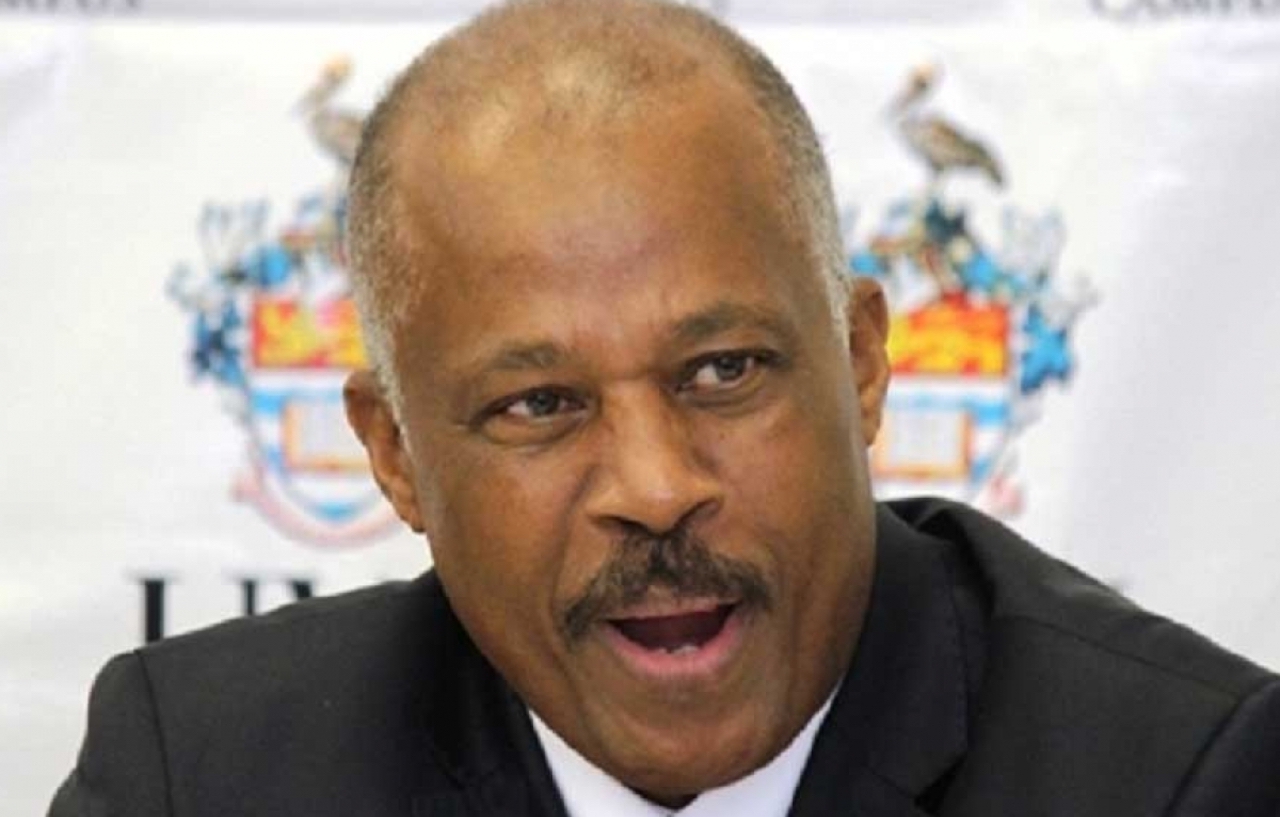Caribbean Examinations Council Chairman Advocates for Well-Defined AI Policies in Education Sector

October 24, 2024
CXC Chairman Sir Hilary Beckles advocates for a sophisticated policy framework to regulate AI in education, highlighting its potential to democratize access while cautioning against reinforcing biases.
Caribbean Examinations Council (CXC) Chairman Professor Sir Hilary Beckles has urged the creation of a “highly sophisticated policy framework” to govern the use of artificial intelligence in regional classrooms, warning that unmanaged AI adoption risks perpetuating historical biases.
Speaking at the 4th Ministerial Summit on Artificial Intelligence and Technological Innovations in Shaping Caribbean Education, the celebrated historian acknowledged that while AI offers transformative opportunities for democratising education, its integration requires careful oversight.
“We are all on this train which has long left the station,” he said, referencing AI’s widespread adoption in educational settings globally.
He emphasised AI’s potential to level the playing field between students from different economic backgrounds: “What AI does, it helps to democratise access to information, to data, to the relevant content of the educational pedagogy.”
But Sir Hilary cautioned against the risks of these systems reinforcing biases ingrained in Western knowledge methods.
He shared a personal anecdote about an artificial intelligence tool that mistakenly assumed he was female when generating an essay on his book Enslaved Women in the Caribbean.
“AI changed my gender identity without my consent,” said Sir Hilary, stressing the need for vigilance in how the technology interprets and processes data.
He also addressed how AI will change the role of teachers, no longer casting them as the sole providers of information.
“Teachers are now in a position to craft a learning relationship with each student. The one-size-fits-all approach is over,” he said, noting that AI allows teachers to diagnose and address individual learning challenges more effectively. “The teacher becomes a different kind of expert. No longer the monopoly conveyor of information, but now to help [students] critically understand the mass of data.”
Despite these advancements, Beckles called for a policy framework to guide AI’s use in classrooms.
The CXC chairman emphasised that whilst AI can enhance learning experiences, it must not compromise academic integrity.
“We will need a highly sophisticated policy framework and this is where I think the Board of Governors come in. We have to talk about the policy, the governing framework, the objectives,” he urged.
Beckles concluded by calling for the Caribbean to chart its course in AI adoption: “We have to be critical in our assessment. See the positives and the negatives and chart our own path.” (SM)


